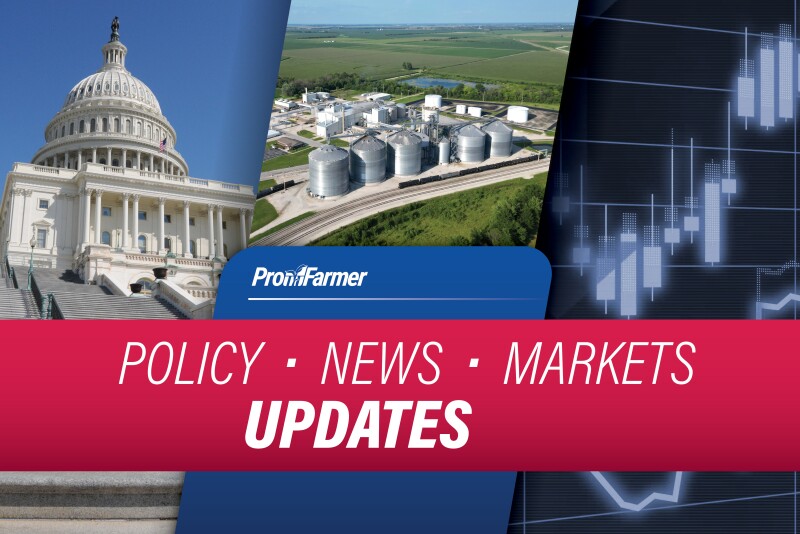- U.S. calls for delay on Codex pesticide risk assessment overhaul (Agri-Pulse): The U.S. is urging the Codex Committee on Pesticide Residues to delay adopting a new pesticide risk assessment method and gather more data first. The proposed system, the Global Estimate of Chronic Dietary Exposure (GECDE), would replace the current average-based approach with national food consumption data to better capture risks for specific groups, like children. While the GECDE’s mean values are often similar to current estimates, differences could arise in countries with distinct diets. The U.S. will raise its concerns at next month’s Codex meeting in Chile.
Louisiana shrimpers fight to save their declining industry (Civil Eats): Along Louisiana’s Gulf Coast, the waters have long sustained shrimp, crabs, oysters, and fish. Locals call it “the end of the world,” a place where the seafood industry has been central to life and livelihood since the late 1800s. Shrimping is especially vital—Louisiana supplies about a quarter of all shrimp eaten in the U.S.
But over the past two decades, the industry has steadily declined. Gulf shrimpers face stiff competition from cheaper imports, lingering environmental damage from the 2010 BP oil spill, and rising fuel costs. In the 1980s, they could earn the equivalent of $4.50 per pound; today, it’s closer to $1.50.
Seafood wholesaler Rocky Ditcharo fears the worst if prices keep falling: “If we can’t cap imports, if there is no solution, then this industry dies in 20 years.”
According to Ditcharo and the Louisiana Shrimping Association, governmental intervention—whether quotas, import caps, or higher tariffs—is needed to curtail the high volume of imported shrimp. Through the farm bill, farmers and ranchers receive financial assistance in the form of crop insurance, subsidy payments, and conservation programs. But shrimpers and other seafood producers do not receive similar relief.
- USDA Seeks to End Union Contracts for Inspection Agency Staff (Reuters): The U.S. Department of Agriculture has moved to terminate union agreements covering thousands of employees in its animal health and food safety inspection agencies, Reuters reports. Notices sent this week to union leaders at the Animal and Plant Health Inspection Service and the Food Safety and Inspection Service cite a March executive order from President Donald Trump, which excludes certain federal workers from collective bargaining due to their agencies’ national security roles. One union challenged the move in court on Wednesday.

